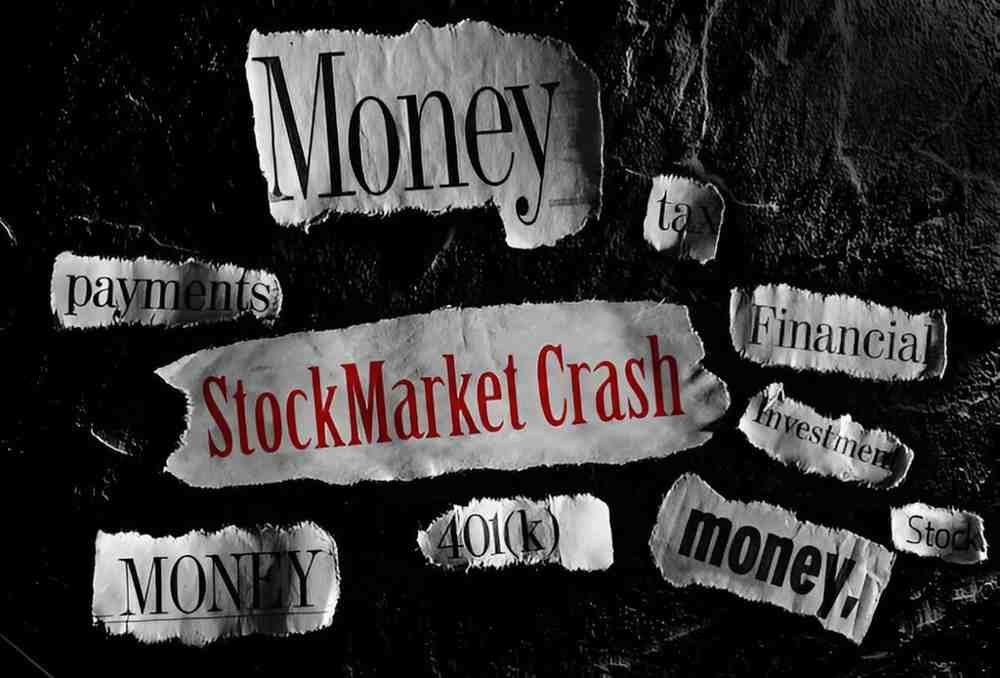As an investor, I often wonder how different market segments interact. One question that comes up frequently is: Are my mutual funds affected when the futures market crashes? The short answer is yes, but the extent depends on multiple factors. Let me break it down in detail.
Table of Contents
Understanding the Link Between Mutual Funds and Futures
Mutual funds pool money from investors to buy a diversified portfolio of stocks, bonds, or other securities. Some mutual funds also use derivatives like futures to hedge risks or enhance returns.
Futures contracts are agreements to buy or sell an asset at a predetermined price on a future date. They are widely used for speculation, hedging, and arbitrage. When the futures market crashes, it can trigger a chain reaction in the broader market, impacting mutual funds in several ways.
Direct vs. Indirect Exposure
- Direct Exposure – Some mutual funds, especially those labeled as “derivative-heavy” or “leveraged,” actively trade futures. A crash here directly hits their net asset value (NAV).
- Indirect Exposure – Even if a mutual fund doesn’t trade futures, a crash can affect the underlying stocks it holds due to panic selling or margin calls.
Mathematical Relationship Between Futures and Spot Prices
The futures price F_t of an asset is theoretically linked to its spot price S_t by:
F_t = S_t \times e^{(r - q)T}Where:
- r = risk-free rate
- q = dividend yield
- T = time to maturity
A crash in futures (\Delta F_t \ll 0) can lead to a decline in spot prices (\Delta S_t \ll 0) due to arbitrage. This, in turn, affects mutual funds holding those stocks.
Example: S&P 500 Futures Crash
Suppose the S&P 500 futures drop 5% overnight. Mutual funds tracking the S&P 500 (like index funds) will likely see a similar decline in NAV the next day.
| Scenario | Futures Drop | Estimated Mutual Fund Impact |
|---|---|---|
| Moderate | -3% | -2.5% to -3.5% |
| Severe | -10% | -8% to -12% |
How Different Types of Mutual Funds Are Affected
1. Index Funds
These passively track an index. If futures linked to that index crash, the fund’s NAV drops proportionally.
2. Actively Managed Funds
Managers may hedge using futures. A crash could hurt if hedges fail or amplify losses if leveraged.
3. Sector-Specific Funds
Tech or energy-focused funds may suffer more if futures in those sectors collapse.
4. Bond Funds
Usually less affected, but if interest rate futures crash, bond funds could see volatility.
Historical Case Studies
2008 Financial Crisis
Futures on mortgage-backed securities collapsed, dragging down mutual funds holding those assets.
2020 COVID Crash
S&P 500 futures hit “limit down,” causing mutual funds to drop sharply at market open.
Mitigation Strategies
- Diversification – Spread investments across asset classes.
- Avoid Leveraged Funds – These amplify losses in a crash.
- Monitor Derivatives Exposure – Check fund prospectuses for futures usage.
Final Thoughts
While not all mutual funds trade futures directly, a crash can still ripple through the market. Understanding these dynamics helps me make better investment decisions. If I’m risk-averse, I might reduce exposure to funds with high derivatives activity.





